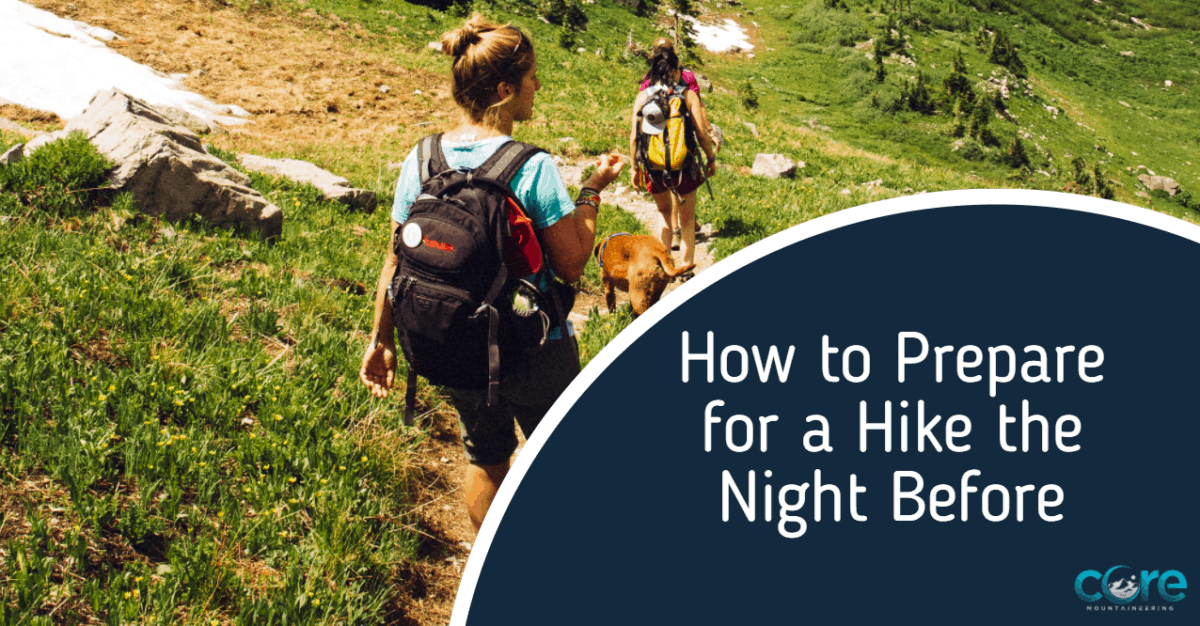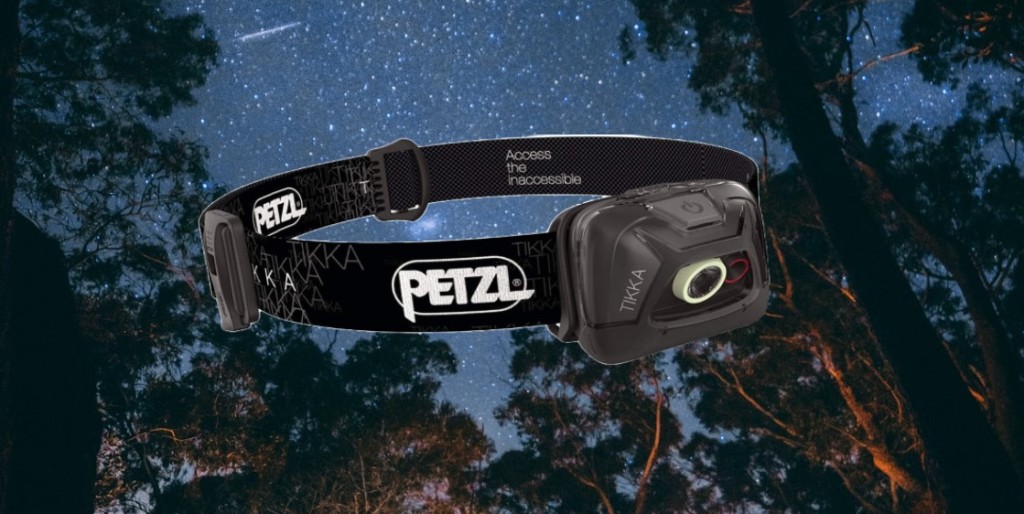The alarm rings, and you struggle to not punch it as you crawl out of bed before the crack of dawn. You see your hiking gear spread out on the floor and curse at the mountain gods as you realize you should have prepared for your hike the night before.
Preparing for a hike the night before is a ritual every hiker should implement into their hiking routine. Besides having all of your gear ready to go in the morning, it ensures you have the proper nutrition, and allows for a few more minutes to snooze. Enjoy a cup of coffee, and eat a nutritious breakfast to give you some energy for the trail.
Here’s how you can prepare for a hike the night before and even a few days out.
Proper Nutrition & Hydration
An important aspect of preparing for a hike the night before is making sure your body is fueled the right way. This means focusing on proper nutrition and hydration so you have what you need to be sustained on the trail.
What to Eat The Night Before Your Hike
Being a former cross-country runner, I remember many evenings before cross-country races where we would gather at a teammate’s house for a pasta supper.
The reason we opted for pasta was that it contains complex carbohydrates. According to the American Heart Association, complex carbohydrates are digested more slowly, and in turn, release glucose into the bloodstream at a steadier pace providing long-term energy as opposed to simple carbohydrates (think sugar and fruit) which provide short-term bursts of energy.
When preparing for a hike the night before, making sure you eat complex carbohydrates will help you have energy when you hit the trail in the morning. If you are unsure what to put on your plate the night before your hike, try some of our suggestions:
- Whole grain pasta or rice.
- Starchy vegetables such as potatoes, sweet potatoes, or corn.
- Beans, lentils, or peas.
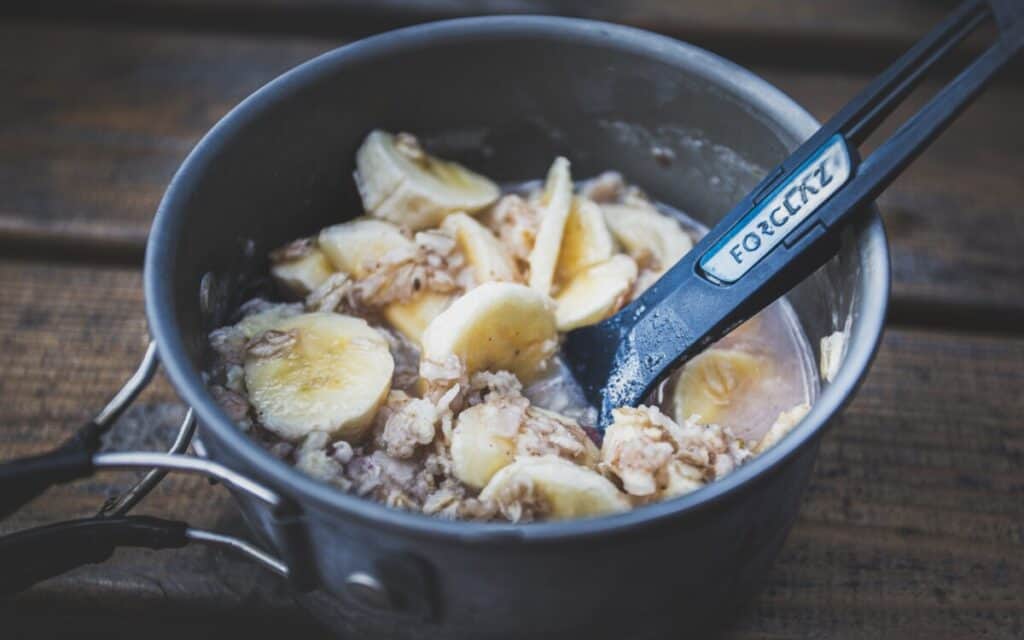
What to Drink (or Not Drink) Before Your Hike
Being dehydrated can put the “break-it” in the make-it-or-break-it part of your hike. Making sure to properly hydrate the night before can make sure you are prepared and feeling good for your hike.
Drinking plenty of water the day and night before your hike is the most proactive way to make sure you are hydrated in the morning.
The amount of water needed varies by person.
A simple way to make sure you are properly hydrated is by checking the color of your urine. If it is light yellow or clear, you are doing a great job of staying hydrated.
You know how the saying goes: hydrate or diedrate.
Drinking plenty of water is not the only way to prepare for proper hydration the night before your hike. Avoid drinking alcohol the night before your hike because it is a diuretic.
This means it contributes to the faster removal of bodily fluids through the kidneys which can contribute to dehydration.
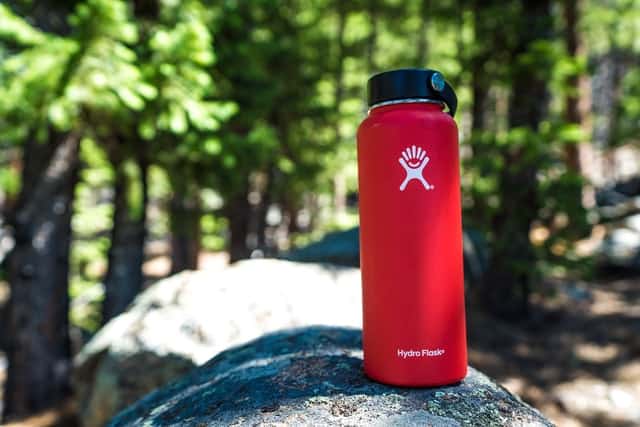
Putting those craft beers back in the fridge instead of cracking a cold one will save both your kidneys and a headache in the morning.
Get a Good Night’s Sleep Before Hiking
Making sure you get a good night’s sleep will help you prepare for a hike the night before because being exhausted can make your hike unenjoyable. To make sure you are well rested for your hike, the Sleep Foundation recommends that healthy adults should aim for 7-9 hours of sleep per night.
Please keep in mind that these numbers are guidelines and the amount of sleep you need can be different based on a variety of factors such as age, how tired you are, dependency on caffeine, and/or physical activity levels.
Be aware of how much sleep you personally need to wake up on the right side of the bed for your hike.
Combatting Pre-Hike Anxiety Insomnia
If you are like me and get pre-hike anxiety, getting 7-9 hours of sleep may seem far and few between. Whether it is the fear of not waking up on time to your alarm or the excitement of bagging your next big peak, pre-hike anxiety insomnia can severely impact your night-before preparation and the hike itself due to lack of sleep.
Some ways you can wind down and get those necessary hours of shuteye according to Sleep.org include:
- Implement mindfulness through meditation, yoga, journaling, etc.
- Turn off electronic devices an hour before bed.
- Drink chamomile or lavender tea. These herbs can help ease anxiety and relax you.
- Take a hot bath.
By being aware of your sleep needs, you can make sure to get those Zzz’s the night before your hike so you feel good when your boots hit the trail.
Preparing Your Hiking Pack
Much like laying out your clothes the night before the first day of school or work, perhaps the most efficient and time-saving step you can take to prepare for a hike the night before is packing your pack.
Below are the steps I take to pack my bag the night before and even a few days out.
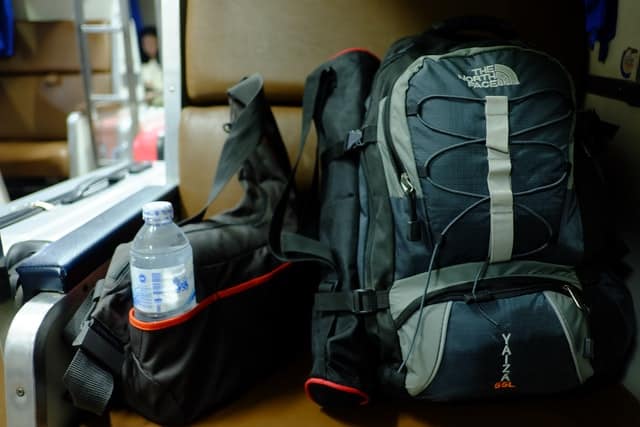
Packing The Top Ten Essentials
Always start with The Ten Essential when packing your pack the night before. If you have these in your pack, forgetting your camera in the morning will not be the bane of your existence but forgetting to pack your water will be (believe me, I know someone who did that).
The Ten Essentials list was originally developed by The Mountaineers in 1930 but was formalized in 1974 in the third edition of Mountaineering: Freedom of the Hills. Here are some things to consider when preparing for your hike the night before:
-
Navigation is the medium you will use to help guide your hike. This could be a GPS, map, compass, and/or phone. If you use anything other than your phone as a navigation device, put it in your pack the night before. Make sure it is fully charged if it is a GPS or other electronic device.
If you use your phone, that can wait until the morning but make sure you don’t forget it.
Important note: If you only rely on your phone for navigation, you might want to consider investing in a GPS or always carry some sort of portable charger in your pack.
-
A headlamp with extra batteries is another thing you can put in your pack the night before your hike. In fact, you can probably keep this in your pack instead of unpacking it from your pack after every hike unless you need to replace the batteries.
Check out our article about headlamps here. We go over the best features on headlamps but essentially, our top recommendation is the PETZL Actik Core. Check to see if it’s still available on Amazon here.
-
Sun protection such as sunglasses, a hat, and sunscreen can also be kept in your pack a few days before your hike.
-
A first aid kit that includes blister care never leaves my pack unless I need to replace anything in it. If you don’t remove your first aid kit from your pack, you should be well prepared for a hike the night before.
-
A utility knife and gear repair kit can also be kept in your pack to save some night-before packing time.
-
Shelter or an emergency bivy is another essential that can be kept in your pack days out from a hike. If you don’t own something small enough for your daypack, consider packing an extra warm layer such as a down-insulated jacket even in warmer climates.
Check out our great article about small emergency shelters.
-
A fire starter kit with matches and/or a lighter can be kept in your backpack a few days before a hike.
-
Food + extra (at least an extra day’s worth) that is not perishable can be packed the night before a hike. Save those PB&J’s and fresh fruit for the morning off for ultimate freshness.
-
Water + extra (at least an extra day’s worth) can also be packed the night before a hike unless you are the type of person who hates the taste of hydration bladder water or prefers their water to be ice cold.
-
Extra clothes layers (a light insulating layer) can be kept in your pack for a few days before a hike.
Packing Extras
Once you have the Ten Essentials packed, there are other items you may want to pack to prepare for a hike the night before.
-
Fast-acting medications, unless needed the morning of your hike, can most likely be packed the night before.
-
Rain gear is always kept in my pack unless it got wet on a previous hike. By minimum, I always keep a rain jacket in my mesh front pocket and never remove it.
-
A wallet or your ID can be packed the night before your hike.
-
Toiletries, or most likely toilet paper and a shovel for the “facilities,” can be packed a few days before a hike.
-
Luxury items such as a camera, a journal, or another favorite hiking item can also be packed the night before if you have enough room in your pack.
- A dry bag to keep gear clean and dry. Check out our Ultimate Guide to Waterproof Dry Bags. Overall we recommend Gold Coast gear dry bags for the price and durability.
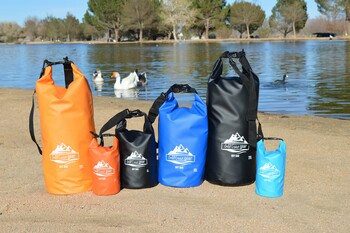
These lists are not an exhaustive list of what you can pack the night before your hike. If there is anything you need or want that is not included in this, add it!
If you need a checklist we have a free one at the bottom of your Beginners Camping Guide below.
How to Load Your Pack the Night Before
We have a full article about choosing the right hiking backpack and how to pack any size but I’ll give you the basics.
Once you figure out what you need to pack, it is time to load your pack. Loading your daypack the right way the night before your hike can save you valuable time in the morning. When most people think of packing your pack the right way, they usually think of packing their backpacking pack.
Did you know that there is an efficient way to pack your daypack? Here is how to pack your pack the night before a hike.
-
The Bottom of the Pack. This part of your pack is where you should pack your heavier gear save for your first aid kit, water, and food. The bottom of the pack sits close to your back lowering your center of gravity, making you most stable.
Pack your clothes layers, extra food, and anything you won’t need right away at the bottom of your pack the night before a hike.
-
The Middle of the Pack. Anything packed in the middle of your daypack should be your less frequently used items such as your camera or an insulating jacket.
-
The Top of Your Pack. Anything stored at the top of your pack should be your frequently used items such as snacks, a rain jacket, a first aid kit, or sunscreen.
Making sure to prepare your pack the night before a hike will ensure you won’t forget anything and will help you hit the trail with confidence.
Lay Out Your Hiking Clothes
Finally, if you want to take one more proactive step to prepare for a hike the night before, lay out your hiking clothes. This will save you time rummaging through your closet for your favorite pair of hiking pants or that incredibly overused moisture-wicking t-shirt.
Wrapping Up
The pasta dinner you ate and the 7-9 hours of sleep you got the night before will help you have long-term energy when you hit the trail.
With your daypack packed with all the essentials and packed the right way, you will be able to walk out the door the morning of your hike knowing you have everything to get you up that big mountain or to that alpine lake.
When the alarm rings the morning of your hike, you will wake up assured that you will have the energy and assurance needed to hit the trail because you now know how to prepare for a hike the night before.

